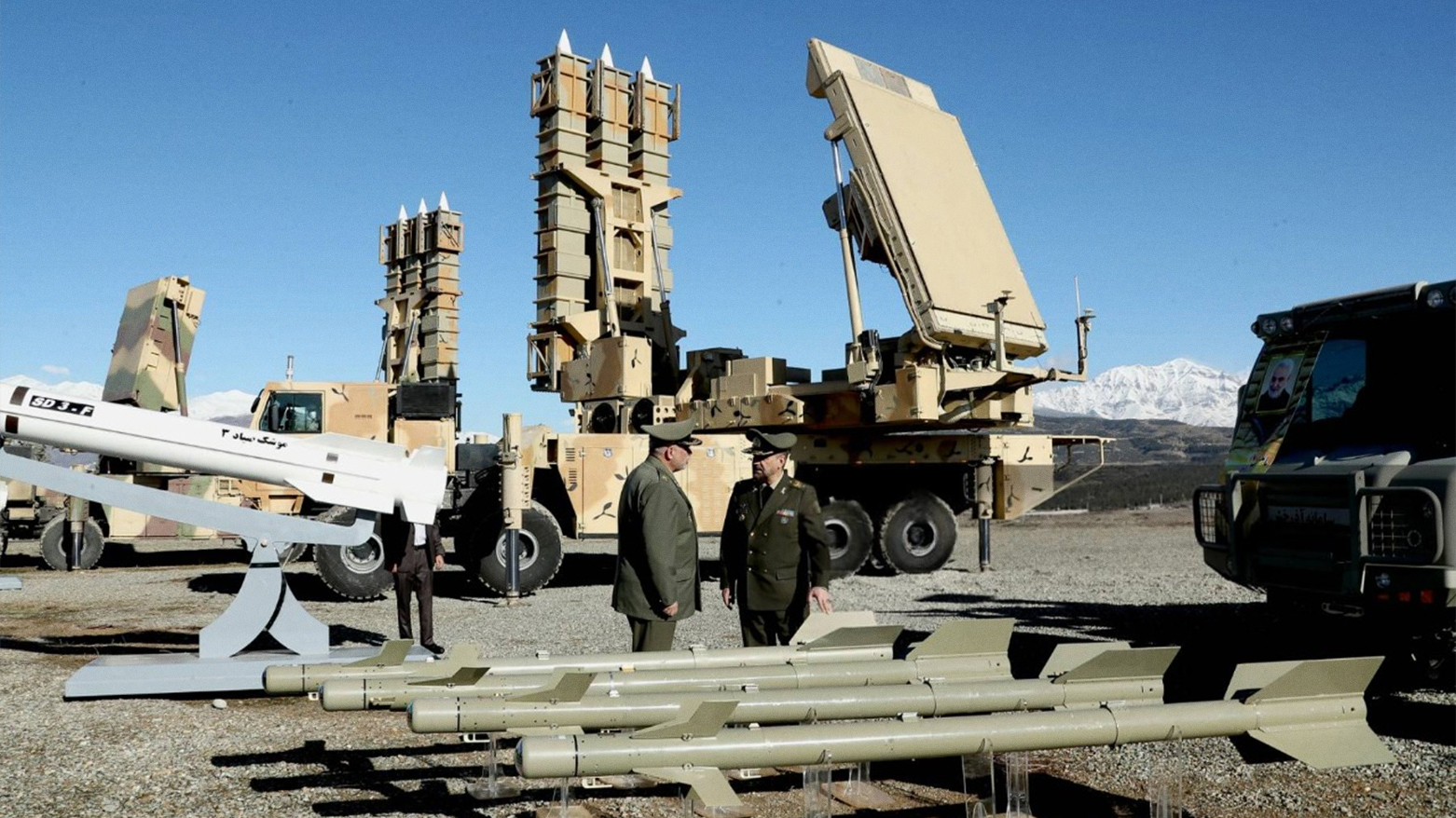Iran Ramps Up Missile Fuel Imports from China, WSJ Reports
Iran has ordered tons of ammonium perchlorate from China—enough to build up to 800 ballistic missiles, per WSJ. U.S. officials warn the material may also reach Iran-aligned groups. The move raises alarm amid stalled nuclear talks and growing Tehran-Beijing defense ties.

By Kamaran Aziz
ERBIL (Kurdistan24) – Iran has placed a substantial order for thousands of tons of ammonium perchlorate—a critical compound used in ballistic missile propellant—from China, signaling an aggressive expansion of its missile capabilities even as nuclear negotiations with the United States continue, The Wall Street Journal reported on Thursday.
According to the Journal, the material is set to arrive in the coming months and could be used to manufacture hundreds of ballistic missiles. Sources familiar with the matter told the Journal that portions of the shipment are also likely to be transferred to Iranian-aligned groups, including the Houthis in Yemen.
The transaction was reportedly conducted by an Iranian firm through a Hong Kong-based intermediary. U.S. officials estimate the imported ammonium perchlorate could be sufficient to produce up to 800 missiles.
Iran, which reportedly possesses one of the most extensive ballistic missile programs in the Middle East, has consistently rejected demands to include its missile arsenal under the framework of nuclear negotiations.
The development comes amid heightened U.S. scrutiny. Washington has recently imposed sanctions on several individuals and entities in both Iran and China linked to the procurement of missile propellant. A U.S. State Department official, speaking to the Journal, reiterated that Chinese support for Iran’s missile program and its allied groups remains a “persistent concern.”
This latest procurement follows a series of earlier shipments of sodium perchlorate—used in the manufacture of ammonium perchlorate—shipped from China aboard Iranian vessels earlier this year. As reported by Western officials and covered by CNN, the Financial Times, and the Associated Press, those shipments were destined for Iran’s Islamic Revolutionary Guard Corps and were believed capable of fueling hundreds of mid-range missiles.
The Journal's report further connects these material transfers to a deadly explosion that occurred in April at Iran’s Shahid Rajaei port, where some of the missile fuel materials were allegedly delivered. While Iranian authorities have yet to confirm the cause of the incident, Ambrey, a UK-based private maritime security firm, assessed that the explosion was “reportedly the result of improper handling of a shipment of solid fuel intended for use in Iranian ballistic missiles.”
Months after the incident, Iranian officials have not released a detailed public explanation.
As the international community continues to monitor the progress of nuclear negotiations, these reports have raised renewed concerns over Iran’s growing military capabilities and the strategic implications of its deepening cooperation with China in the defense sector.
